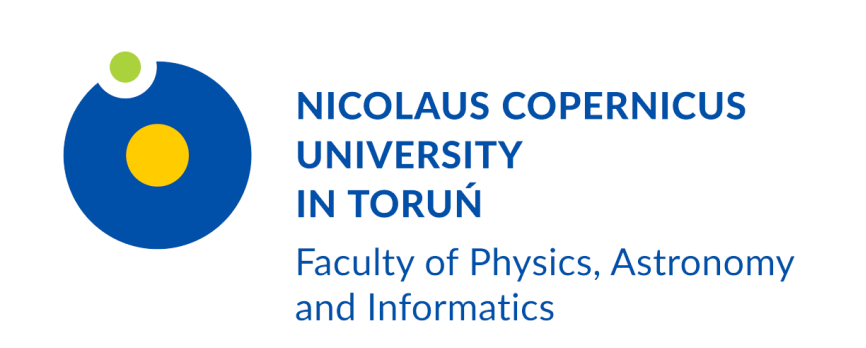
Piotr Żuchowski, PhD
Graduate of Inter-Faculty Studies in Mathematics and Natural Sciences at the University of Warsaw, in 2007 he defended his doctoral thesis at the Faculty of Chemistry of the University of Warsaw. In 2007-2011 he did postdoctoral apprenticeships in Great Britain at the universities of Durham and Nottingham. He has been working at NCU as lecturer since 2011, and since 2017 as associated professor. He was the principal investigator projects of the Foundation for Polish Science, the Ministry of Science and High Education, and the National Center of Science, and a laureate of the Outstanding Young Scholars scholarship. He is a co-author of about 40 academic publications (which have so far been quoted over 1000 times), including ones in the most prestigious physical and chemical periodicals, such as Nature Chemistry, Nature Physics or Physical Review Letters. He has a son named Szymon (aged 11), and twin daughters, Anna and Marta (aged 8).
Theory supports experiment
Quantum chemistry, which I deal with, has in the last decade experienced a rapid application growth resulting from the development of computers’ computation capacities. It is a discipline of extremely interdisciplinary nature, with many applications in seemingly different fields, such as molecular biology, drug development, designing new materials, astrochemistry or ultra-cold physics. In quantum chemistry, I deal with theoretical studies of mechanisms of molecule interactions, devising new methods of describing those interactions, and collisions of molecules, which lead to chemical reactions.
I recent years, I took up the issue of theoretical description of the physics of ultra-cold molecules. Such molecules may in the future constitute one of the most important components of quantum simulators, or they can be used to explore the physics beyond the Standard Model via ultraprecise spectroscopy. Using the methods of quantum chemistry, I support experimental researchers in theoretical aspects, helping them to interpret the obtained results. One of the most interesting results I have obtained so far was the description of interaction between an excited helium atom (He) with a hydrogen molecule (). The description has been used in experiments conducted at the Weizmann Institute in Israel (led by experimental group of prof. Edvard Narevicius), which studied the chemical reactions between colliding atoms with molecules. Thanks to my theoretical predictions, it was possible to understand why at certain energy levels there is a strong enhancement of their reactivity due to the shape resonance.
At the Faculty of Physics, Astronomy and Informatics, at the Institute of Physics, I have found a perfect environment for carrying out further research and for further personal development. Toruń is an academic unit (one of the leading ones in Poland), in which Theoretical Chemistry, Quantum, Atomic and Molecular Physics directly interact with experimental sciences: spectroscopy, ultra-cold physics or astrochemistry. What is the most important- daily conversations with young, outstanding scientists, who are very active in their fields, are a constant inspiration for new ideas and challenges, which already result in important discoveries.

 Grudziądzka 5, 87-100 Toruń
Grudziądzka 5, 87-100 Toruń